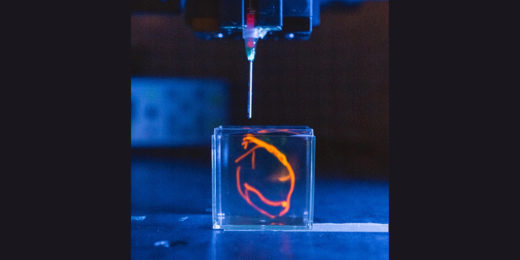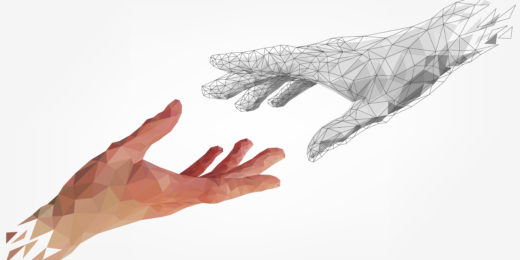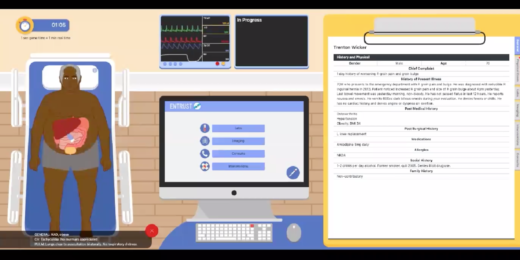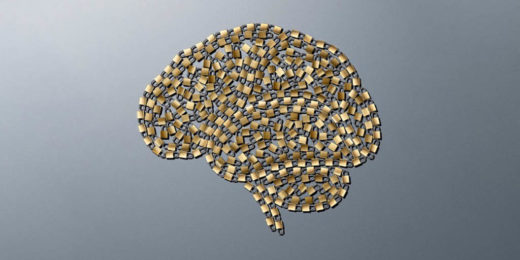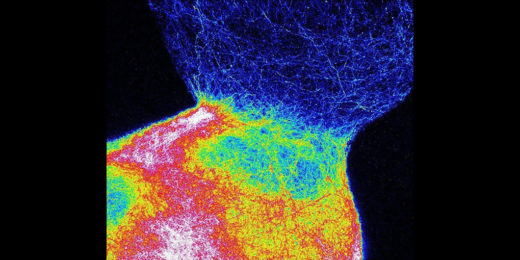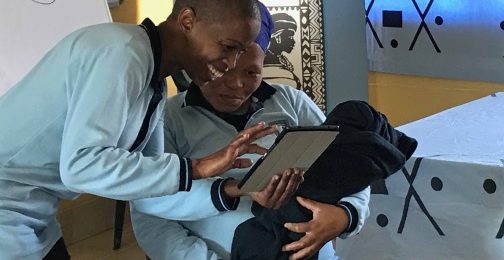Scientists used a mobile app to screen elderly patients for potential skin cancer lesions, pointing to the value of digital health tools.
Category: Innovation & Technology
Preventing the next pandemic from entering the US
Stanford researchers recommend changes to a report that reviewed a national screening and quarantine program for travelers coming to the US.
How does CRISPR help researchers study the heart?
Cardiology researchers at Stanford Medicine are increasingly turning to CRISPR to understand -- and maybe one day -- treat heart disease.
Engineering a new heart, layer by layer
Stanford researchers are building a heart through tissue engineering techniques in the hopes of better treating congenital heart defects.
Cone snail venom and … insulin?
People with diabetes must plan meals and insulin doses, a hassle that may one day be eliminated thanks to cone snail venom.
Changing infant care to improve newborns’ health in India
Modifying traditional infant massages led to more weight gain and fewer illnesses among newborns in a Stanford-led community study in India.
Stanford team finds benefits to online autism treatment
Creating online worlds tailored to kids' interests allowed Stanford therapists to use telehealth to motivate children with autism to talk.
A blood test to predict surgical complications?
Researchers create a blood test to predict a patient's risk for surgical site complications, such as infection.
‘Haptic emojis’ can convey emotions through simulated touch
Scientists have devised a wearable sleeve that helps communicate physical touch from afar, a concept dubbed "haptic communication."
Kids fare better with early use of diabetes technology
Providing continuous glucose monitors to kids with new type 1 diabetes improves their blood sugar levels a year later, a Stanford study showed
Stanford-born birth control app among Time’s top 100 innovations
Two Stanford Biodesign researchers designed a birth control app and case that helps women track their weekly doses.
A serious gamed-based approach to assessing surgical residents
Researchers at Stanford Medicine have created a computer game to better educate medical students diagnosing patients during surgery.
Stanford Medicine magazine: Unlocking the brain’s mysteries
This new issue of Stanford Medicine magazine explores scientific advances that are helping unlock the mysteries of the brain.
Stanford neuroscientist’s ‘assembloids’ pave the way for innovative brain research
A Stanford neuroscientist has led the development of a novel brain research tool for understanding diseases of brain development.
A new take on virtual education can promote breastfeeding
Stanford researchers find that "entertainment education" helps teach new mothers about the importance of breastfeeding.
How to beat cancer? Find the genes that help it hide
Stanford Medicine researchers conducted an experiment to find new genes that, when knocked out, boost immune cells' cancer-killing ability.





